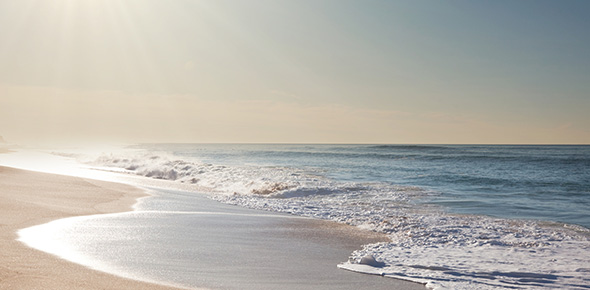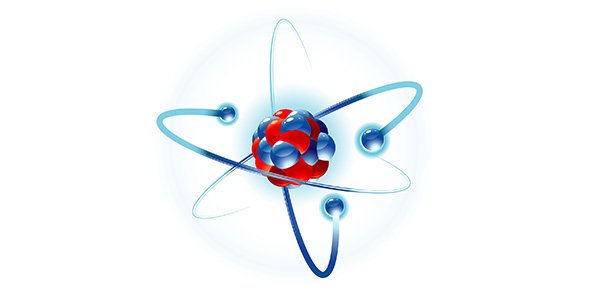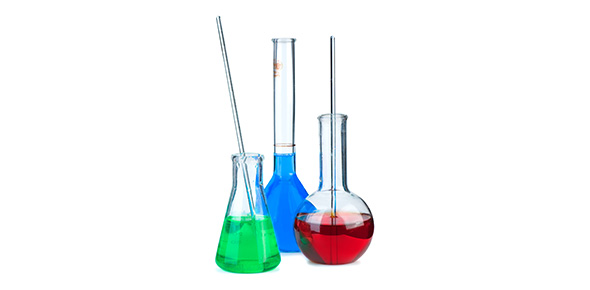Related Flashcards
Related Topics
Cards In This Set
| Front | Back |
|
Physical Resources
|
Result from the deposition, precipitation, or accumulation of useful substances in the ocean or seabed
|
|
Biological Resources
|
Living animals and plants collected for human use
|
|
Nonextractive Resource
|
Uses of the ocean in place--transportation of people and commodities by sea recreation and waste disposal.
|
|
Renewable Resources
|
Natrually replaced by the growth of marine organisms or by other natural physical processes
|
|
Nonrenewable Physical Resources
|
-Most physical resources are mineral deposits (from non living processes) I.E. Petroleum and Natural gas, mostly remnants of once-living organisms.
|
|
Destillation
|
(from Freshwater) Heat water, condense steam, Salt remains
|
|
Reverse Osmosis
|
Water forced through a semi-permeable membrane
|
|
Why is it difficult to study the ocean? Why has the ocean remained largely unexplored?
|
-Extreme pressure/access -Extreme tempreture -Size -Movement (life) -Water Movements -Funding -Political/Social Priority -Take it for granted -Saftey concerns/fire
|
|
Direct Measurements
|
Length/Weight using a ruler
|
|
Proxy Measurements
|
The agency, function, or office of a deputy who acts as a subsite for another. Comparing it to something else i.e. the length of a tree compared to a man.
|
|
Eulerian
|
1st way to measure current. Fixed point.
|
|
Lagrangian
|
2nd way to measure current. I.E. rubber duckies see where they go (satellite attached to them).
|
|
Latitude
|
North/South Position
|
|
Longitude
|
East/West Position
|
|
Euphoric Zone
|
Enough light for photosynthesis. 1% light. 1m-100m
|







